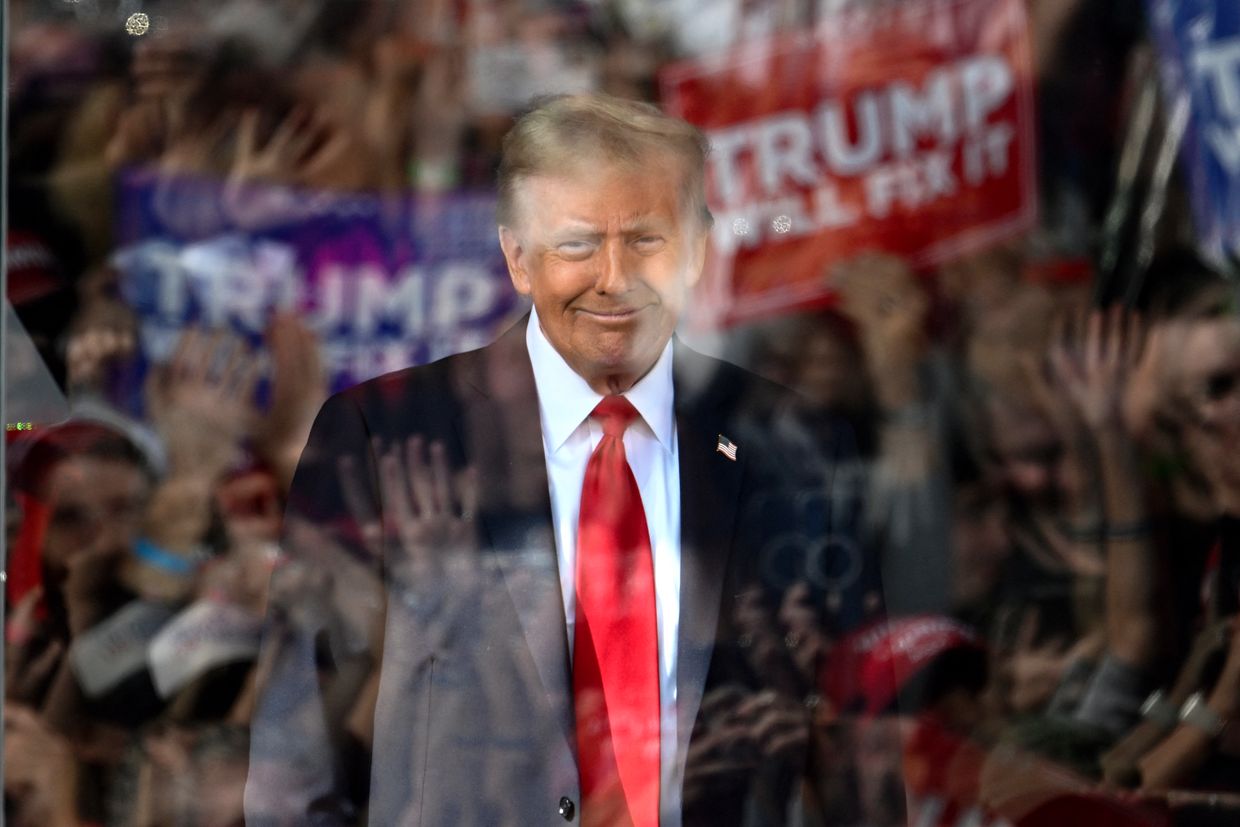Polish FM criticizes Hungary for supporting Russian aggression

Hungary is aiding Russian aggression by continuing to block military aid from the European Union, Polish Foreign Minister Radoslaw Sikorski said on the sidelines of the EU foreign ministers' meeting in Brussels on Nov. 18.
Budapest has been blocking the disbursement of Kyiv-bound assistance under the European Peace Facility (EPF) for more than a year, causing frustration among other member states.
"I would like to understand the reasons why Hungary does not want to help Ukraine, which is fighting for freedom, and wants to assist the aggressor in this conflict," Sikorski told reporters.
Sikorski and other ministers from EU member nations convened in Brussels on Nov. 18 to address developments in Russia's full-scale war against Ukraine, including U.S. President Joe Biden's recent decision to allow Kyiv to use long-range American missiles on Russian targets and the future of military aid to Ukraine following the election of Donald Trump.
The ministers did not come to a solution on releasing EPF funds for Ukraine, Sikorski said.
"Unfortunately, I cannot tell you today that the European Peace Facility has been unblocked, because unfortunately it is still being vetoed by the Hungarian side, despite the fact that a mechanism has been created thanks to which Hungarian money would not have to go to help Ukraine."
Sikorski said he appealed to members of Poland's Law and Justice party (PiS) to work with Hungary's ruling Fidesz party, with whom they share political ties, to convince Hungarian Prime Minister Viktor Orban to change his position on EPF funds for Ukraine.
"I hope that (Polish) President Andrzej Duda will be more influential towards his friend, as he calls him, Donald Trump, than PiS has been so far towards Viktor Orban," he said.
The EPF has been a key tool for supporting Ukraine's defense capabilities since 2022 but was largely depleted earlier this year as member states disagreed on the best way to replenish it and unlock further cash for Ukraine.
While the EU approved an additional 5 billion euros ($5.5 billion) for Ukraine in the spring, Budapest has been blocking their disbursement.
A reform proposed in October would make financial contributions voluntary, potentially bypassing Hungary's veto. France and Germany remain skeptical of the plan's effectiveness, according to media reports.
Orban is considered the EU's most Kremlin-friendly leader and has repeatedly stalled EU aid for Ukraine while blocking sanctions against Russia.













